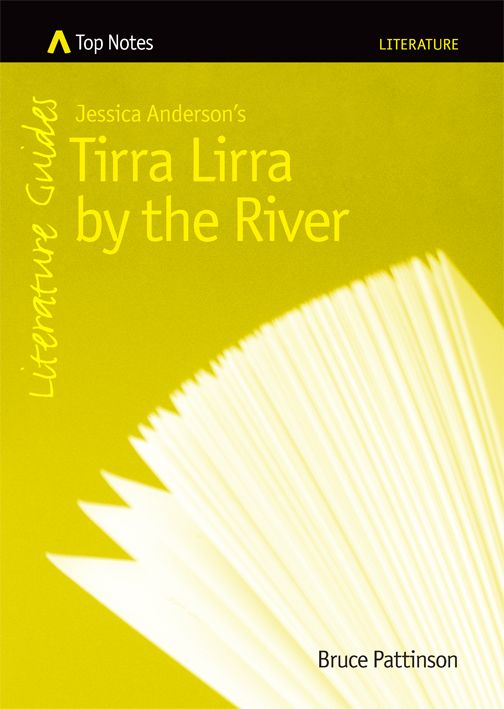

Telling a story blow by blow from the start is often unworkable so having an older person looking back allows the author to elide the boring bits and focus only on what is significant.Īnother reason is that literary fiction often relies on tension generated by questions such as ‘why is this character like this?’ and on reversals and twists not so much in what happened but in what it means. One reason is that a central problem of the novel is not how to convey information but how to withhold it.

Why are literary authors, in particular, so fond of it? Anne Enright’s Booker-prize winning The Gathering, John Banville’s Booker-prize winning The Sea, Peter Carey’s Illywhacker and many many other books use this device.

Barnes won the Booker this year with a similar set up in The Sense of an Ending. This is a well-worn literary trope: middle-aged-to-elderly person looks back on her life and finds that her memories do not mean quite what she thought they did, a scenario so clichéd as to be virtually unusable now. But Nora has been away a long time, and the people and events are not at all like she remembered them. Now in her seventies, Nora returns to Queensland to settle into her childhood home. Fleeing from her small-town family and then from her stifling marriage to a mean-spirited husband, Nora arrives finally in London where she creates a new life for herself as a successful dressmaker. Tirra Lirra by the River lost out to My Brilliant Career in match three.įrom the back cover: Nora Porteous has spent most of her life waiting to escape. – Anna Krien after judging match one (Kate Grenville’s The Secret River vs Joan London’s Gilgamesh) in the 2011 Meanjin Tournament of Books. Are all Australian novels about finding a home? Discuss.


 0 kommentar(er)
0 kommentar(er)
